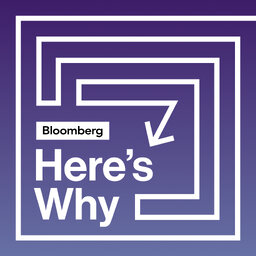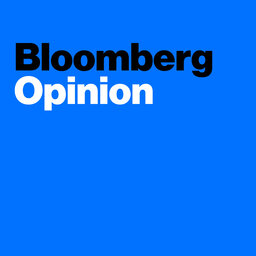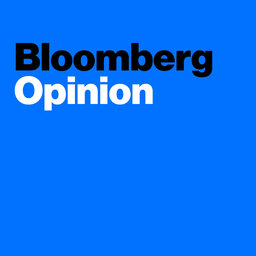A Netanyahu Pivot and Federal Spending Lessons
Israeli Prime Minister Benjamin Netanyahu pivots from his controversial judiciary proposal in the face of mass protests. Opinion columnist Bobby Ghosh discusses the questions it raises about Israel's democracy. Bloomberg's Allison Schrager and Timothy Lavin also join. Allison talks about how rising rates are making us re-examine federal spending, and Lavin explains why the expensive government semiconductor bill is headed towards failure. Opinion's Andrea Felsted also joins, discussing how recent bank crises are impacting Big Bling. Amy Morris hosts.
In 1 playlist(s)
Bloomberg Opinion
Deeper conversations on the week's most significant developments. Tune in and join in!Social links
Follow podcast
Recent clips

Introducing 'Here's Why' - Complex News Stories Explained
00:30

Airline Mergers and Restaurant Loyalty
35:20

Fossil Fuel Use and Drug Development
35:28
 Bloomberg Opinion
Bloomberg Opinion